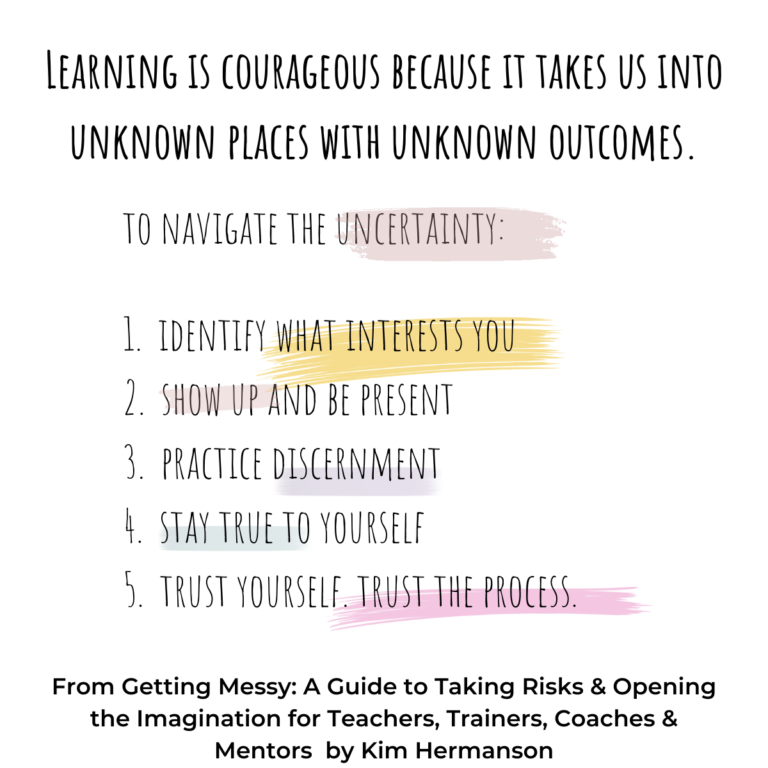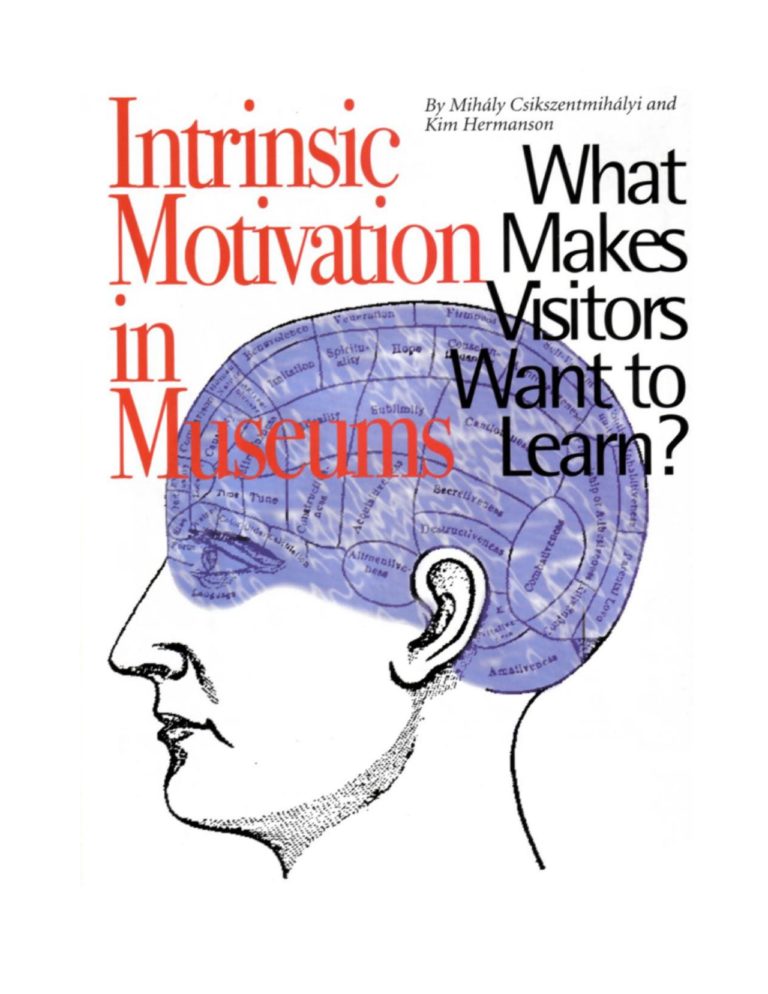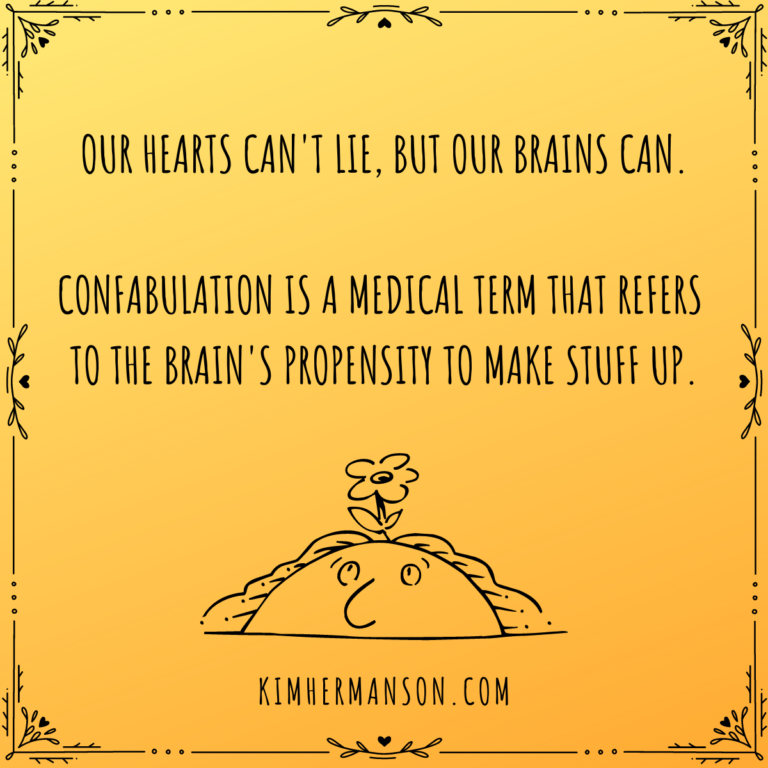Rethinking PhD dissertations: How imagination can reshape higher education

I recently read The Authentic Dissertation by Trent Jacobs, a thought-provoking book on alternative approaches to doctoral dissertations. It explores using art, fiction, dialogues, indigenous ways of knowing, and other creative methods to complete Ph.D. work. The book made me reflect on my own dissertation experience—one that couldn’t have been further from anything “experimental.”
My dissertation journey at the University of Chicago was about jumping through hoops to please my committee. My first draft was unapologetically “me,” and I was soundly criticized for it—painfully raked over the coals, to be honest. After recovering from that scathing feedback, I completely shifted gears. I listened carefully to what my committee wanted, followed their directions to a T, and delivered exactly what they expected.
Why? Because I wanted the degree. I wasn’t interested in fighting battles I couldn’t win with professors who had decades of experience guiding dissertations at one of the most traditional universities in the world. The positive outcome was that I finished my dissertation, earned my Ph.D. within a year, and even had my dissertation chair encourage me to publish my findings. He believed the world needed this information.
The problem? I didn’t see anything meaningful in my work. To me, the dissertation felt like an empty exercise in hoop-jumping. It left me with a degree but no sense of personal or intellectual fulfillment.
For years, when students asked me about Ph.D. programs, I’d advise them to choose a well-known university, build a solid foundation of traditional academic research, and start their real learning after they graduated. That’s what I did. But after reading about arts-based research and alternative approaches, I see there’s another path—one where the educational journey itself becomes a developmental and creative process, where students follow their own inner voice.
I admire those who have used their graduate education to find their voice. While I’m happy with my degree, I wonder what it would’ve been like to experience a program that allowed for such exploration.
In the U.S., there aren’t many schools that embrace this model—most of the examples in Jacobs’ book are from Canadian and European universities. However, I’d like to think the two graduate schools where I teach—Meridian University and Pacifica Graduate Institute—offer experiential models that encourage personal exploration during the dissertation process.
Of course, there’s a challenge with this approach: a Ph.D. dissertation must be rigorous. If your dissertation takes the form of a novel, for instance, demonstrating substantive research becomes more complex. Jacobs acknowledges this repeatedly in his book. Still, the experimentation is refreshing and inspiring.
I’ll leave you with a quote from Jacobs that struck me deeply:
“How do new paradigms of thought come into being? It is not simply a matter of pouring isotopes into different test tubes and applying vacuum distillation to measure their rates of precipitation. The only vacuum distillation that exists for the human mind is the imagination.”
Here’s to embracing imagination and rethinking how we approach education and research.





